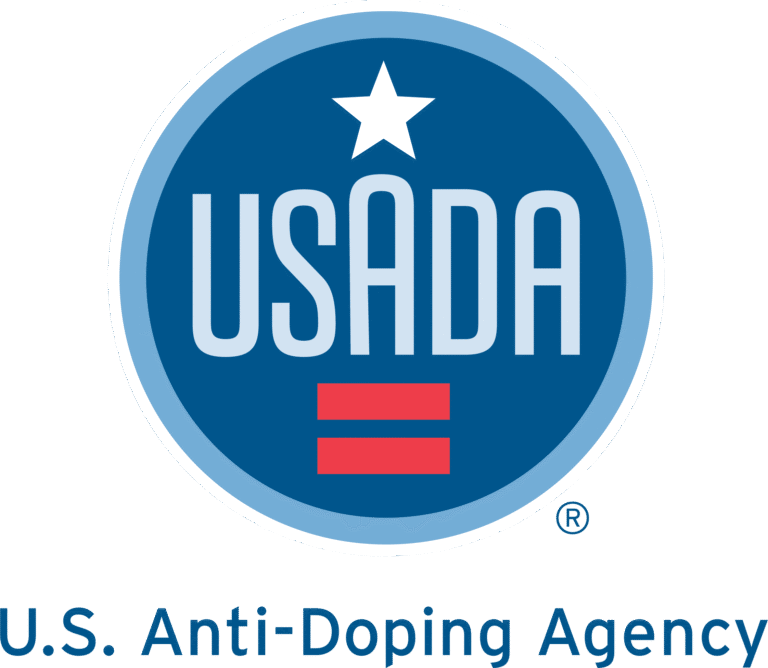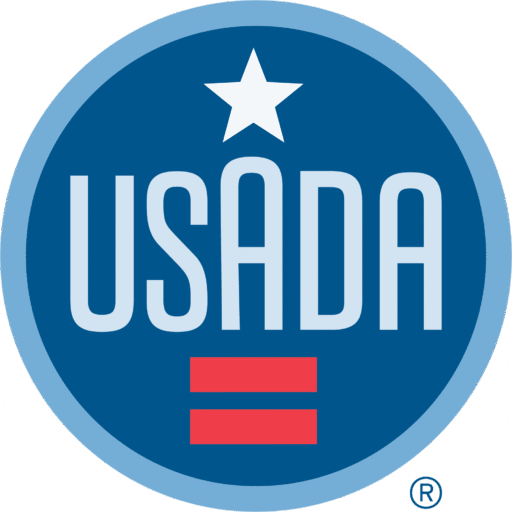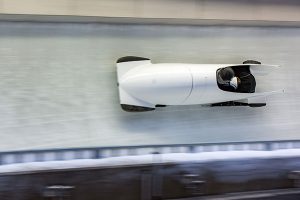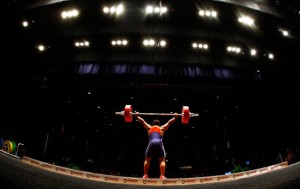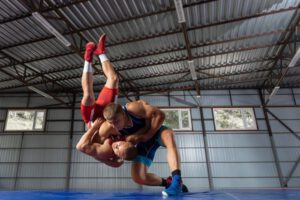Ahead of the 2024 Olympic and Paralympic Games, the first Games to be held in Paris in 100 years, the U.S. Anti-Doping Agency (USADA) continued its tradition of international scientific collaboration by hosting the 22nd Annual USADA Symposium on Anti-Doping Science in cooperation with Agence française de lutte contre le dopage (AFLD), the French National Anti-Doping Organization in the French capital, Paris.
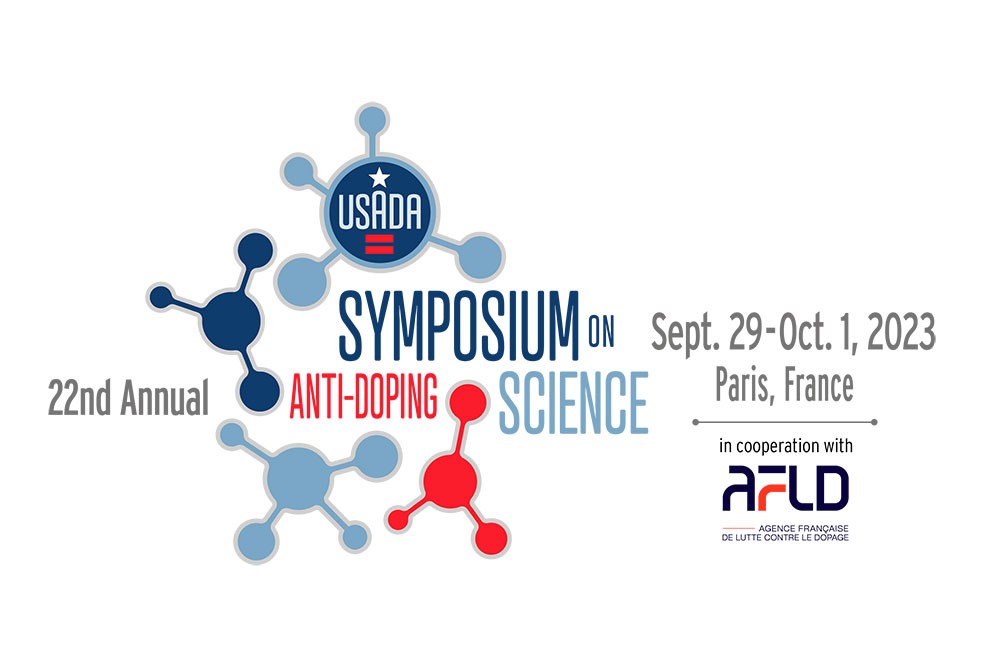
The event, which took place from September 29 to October 1, gathered scientific and medical experts in hematology and anti-doping at the Pullman Paris Centre-Bercy to discuss this year’s theme, “Revisiting Oxygen Transport Manipulation and Blood Doping Detection: Who’s Winning?”
Blood doping and the use of prohibited substances to manipulate oxygen transport remain some of the most high-risk performance-enhancing doping agents in sport. Blood doping practices, such as the administration of synthetic erythropoietin (EPO), have led to some of the most well-known doping scandals in modern history, including the investigation of the U.S. Postal Service Pro Cycling Team. Despite the direct and indirect detection strategies in place, more must be done to refine and advance new detection methods.
Knowing that investment in science and research drives progress in anti-doping, USADA and AFLD hosted 110 participants from 32 countries and a variety of industries to investigate how blood doping has evolved and discuss innovative solutions to monitor and detect blood doping.
Stakeholders from the following organizations participated in these important discussions:
- 26 WADA-accredited laboratories, including: Paris, German Sport University Cologne, Laboratoire Anti Dopage Français, Norwegian Doping Control Laboratory, Sports Medicine Research and Testing Laboratory (SMRTL), University of California, Los Angeles (UCLA), and the University of Lausanne among others
- National Anti-Doping Agencies, including: Australia, Austria, Barbados, Denmark, Germany, Iceland, Japan, Korea, Netherlands, New Zealand, Norway, Poland, Sweden, and the U.K.
- International Testing Agency
- World Anti-Doping Agency (WADA)
- United States Olympic & Paralympic Committee
- International Paralympic Committee
- Major League Baseball
- National Football League
- Partnership for Clean Competition
“It’s naïve to think that blood doping doesn’t continue to be one of biggest detection challenges in protecting clean sport, and we need to ask ourselves, ‘Who’s winning? The dopers or the detectors?’” said Dr. Matthew Fedoruk, USADA’s Chief Science Officer. “Advances in biomarker discovery, instrument technology, and sample collection matrices demonstrate tremendous promise in broadening the tools available to defeat blood doping, therefore adoption of the best new detection strategies into our detection arsenal is essential.”
At the Symposium, panelists and participants explored a wide range of topics, including the following:
- Jennifer Van Eyk of Cedar Sinai Medical Center delivered the keynote address on blood proteomics and how it enables precision medicine.
- Nicolas Leuenberger of the Swiss Laboratory for Doping Analyses discussed novel gene-based markets in Dried Blood Spot testing and how it can aid in blood doping detection.
- Important case studies were presented by the International Testing Agency, Athletics Integrity Unit, Major League Baseball, Anti-Doping Denmark, and others highlighting learnings from the past that inform successful detection strategies.
- Novel strategies for detection of EPO were presented by Dr. Hophil Min of the Korea Institute of Science and Technology, and autologous blood transfusion detection using new biomarkers by Dr. Takehito Sugasawa of the University of Tsukuba, Japan.
Award for Excellence in Anti-Doping Science
The Symposium also provides the opportunity to recognize and award the achievements of scientists who have made an impact on anti-doping approaches and best practices. USADA was pleased to present the 7th Larry D. Bowers Award for Excellence in Anti-Doping Science to Prof. Giuseppe d’Onofrio and Dr. Yorck Olaf Schumacher for their groundbreaking and significant contribution to the advancement and success of the Athlete Biological Passport.
About the Symposium
The USADA Symposium on Anti-Doping Science has a long tradition of bringing together external experts, anti-doping laboratories, and scientific and medical experts from anti-doping organizations to discuss timely and relevant scientific doping challenges facing sport. The goal of the Symposium is to enrich the scientific expertise within the global anti-doping community, identify where the challenges lie, and develop ideas and solutions that can be built upon after the Symposium to advance anti-doping science that helps protect clean athletes and maximizes both detection and deterrence strategies. The USADA Symposium began in 2002 and has been held in a variety of cities within the United States and internationally annually. Next year’s Symposium will be held in Park City, Utah.
For more information or media inquiries, click here.
